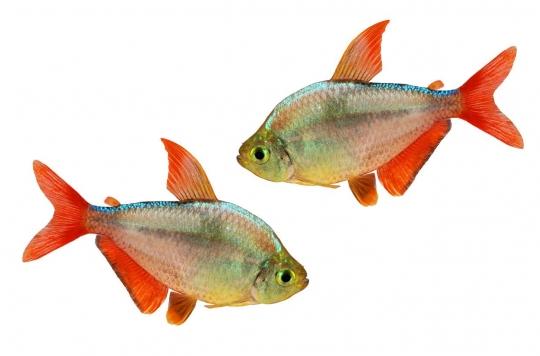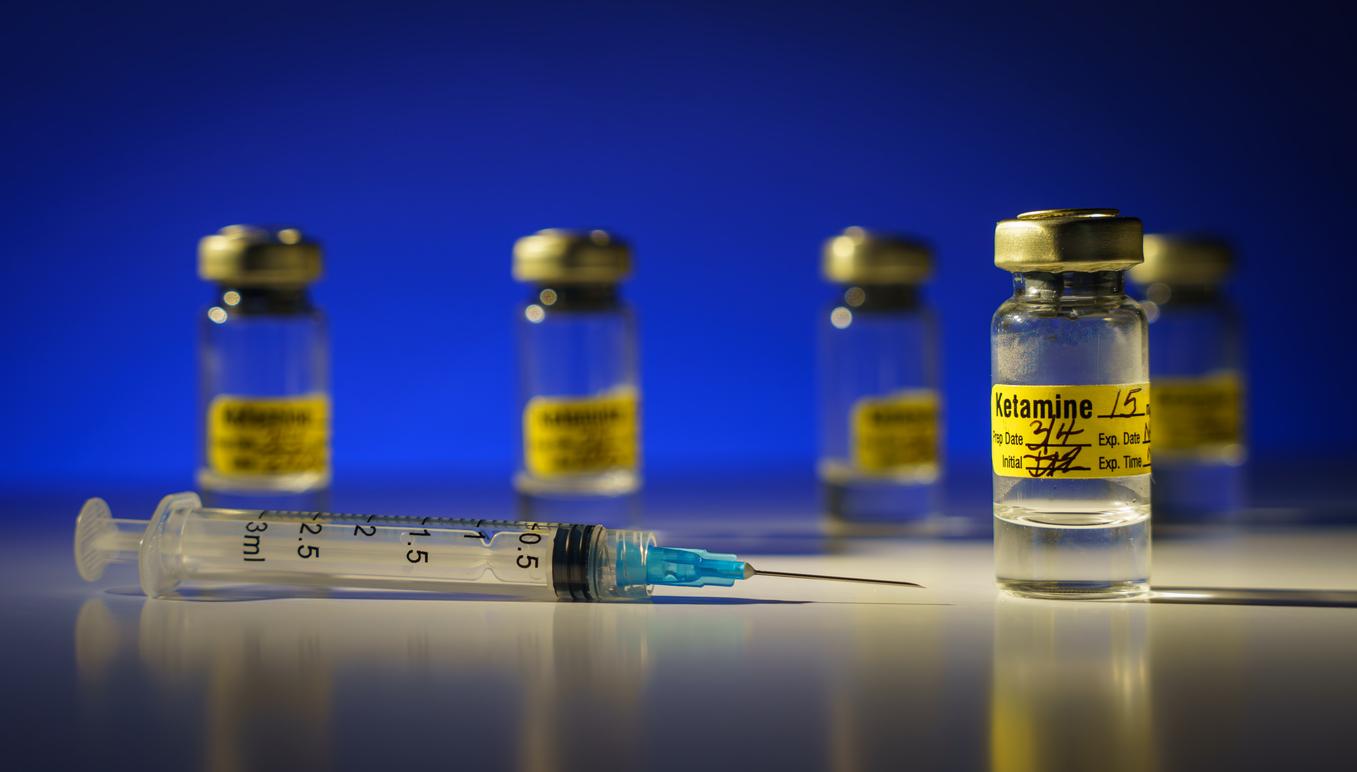More and more drugs are found in the oceans, and impact the behavior of animals.

- Pollution from psychoactive drugs is now ubiquitous in aquatic ecosystems around the world
- By entering the food webs, these substances accumulate in living organisms
Fish that ingest prozac released into the oceans lose all “individuality”, according to a new study from the University of Western Australia, published in the scientific journal Proceedings of the Royal Society B.
Drugs remain biologically active in aquatic ecosystems
“Over the past two decades, the variety and concentration of pharmaceuticals in the environment has increased dramatically,” explain the researchers in the introduction. Most pharmaceuticals, including psychoactive drugs such as antipsychotics, anxiolytics, and antidepressants, are only partially absorbed after ingestion. Once excreted, the drugs are not completely removed by wastewater treatment, and end up in the environment. “They remain biologically active in aquatic ecosystems. As a result, pollution from psychoactive drugs is now pervasive in aquatic ecosystems worldwide, entering food webs and accumulating in living organisms,” lament the scientists.
To assess the impact of these pollutants, they observed the behavior of guppies, fish from the Poeciliidae family, for two years. They subjected them to a concentration of fluoxetine (Prozac) low, equal to that in the oceans, then high.
Reduction of behavioral differences between fish
Assessment: “we observed a decrease in behavioral differences between fish correlated with increasing concentrations of pharmaceutical pollution, with dramatic reductions in fish behavioral expression as prozac exposure increased,” conclude the scientists.
Prozac is an antidepressant, also indicated for various anxiety disorders. It is one of the most prescribed drugs today in France, a trend reinforced by the coronavirus health crisis.

.
















